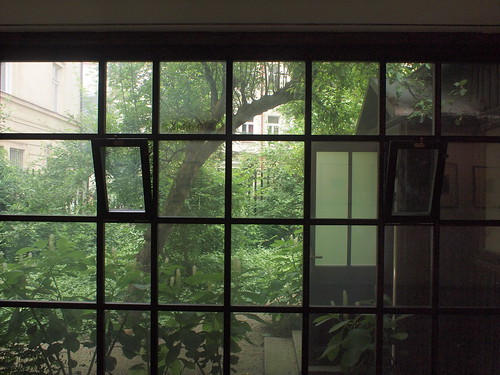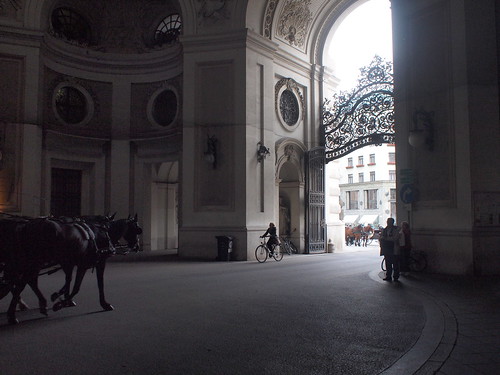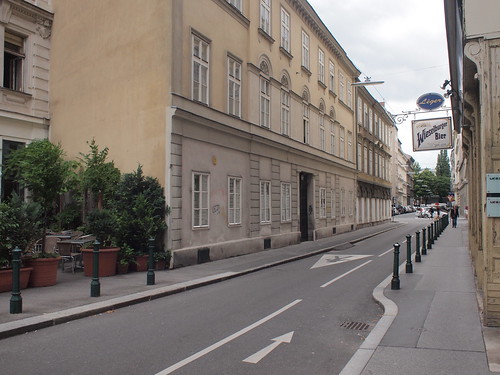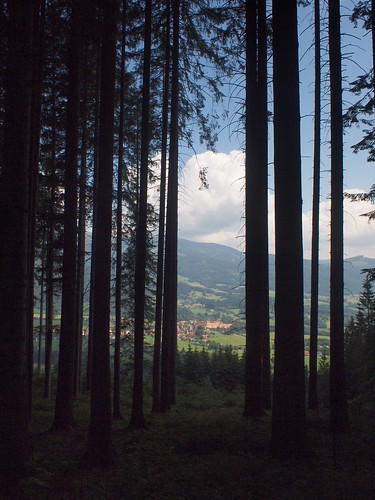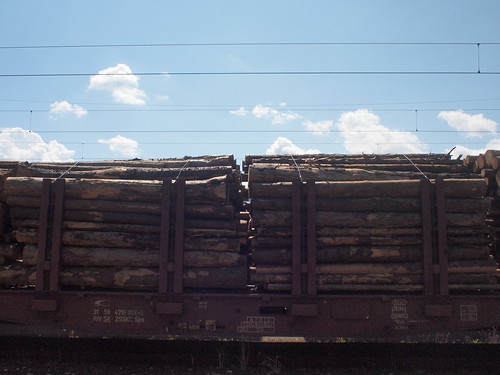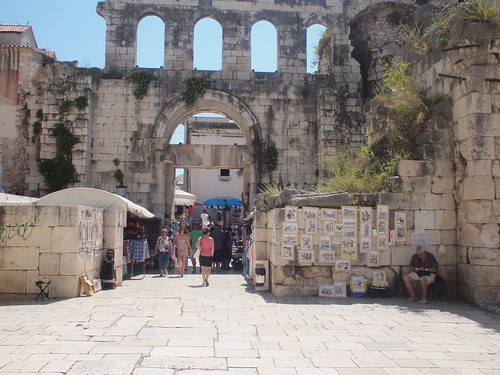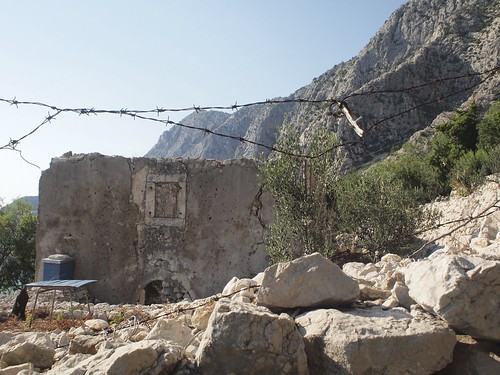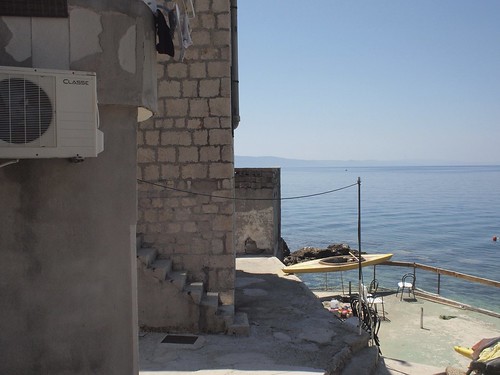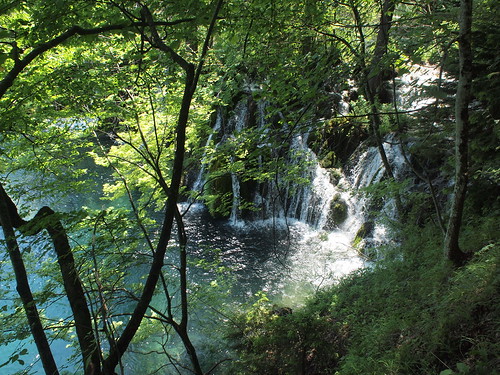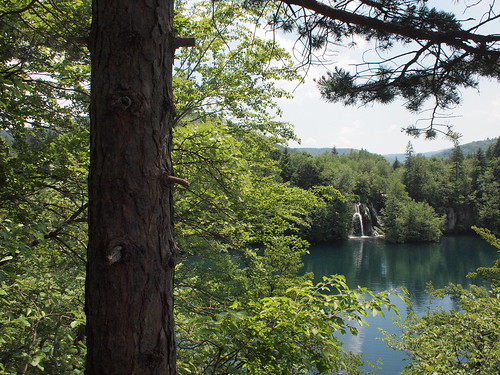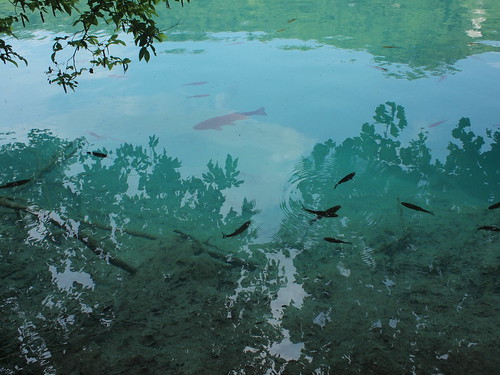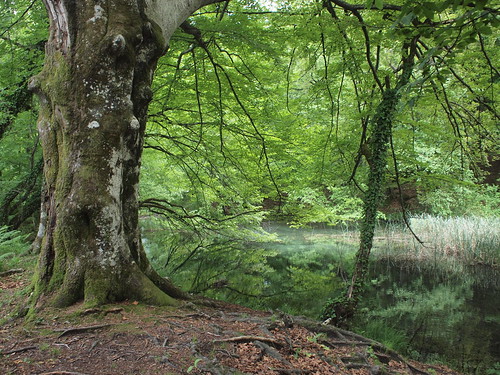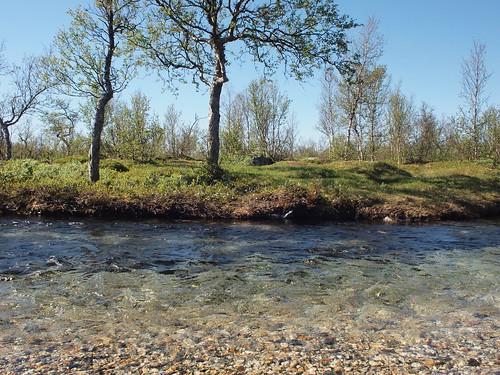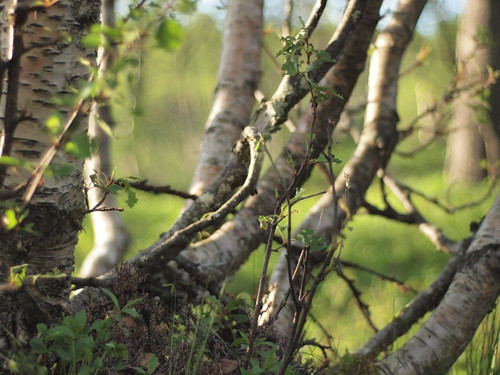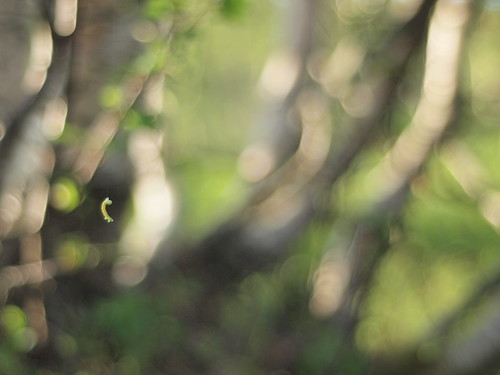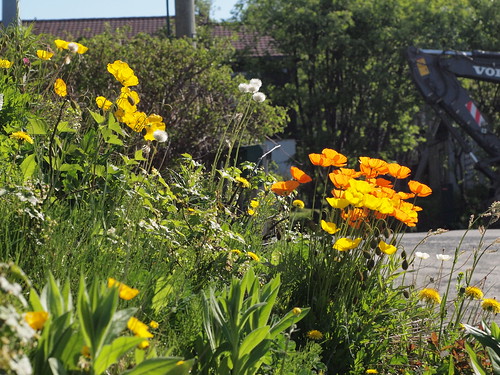
And that was where I planned to go next.
Being a tourist among tourists is not all bad--it makes being here very easy, for one, without any of the stumbling blocks I encountered in the rural parts of Austria--but there's also immense pleasure in escaping the hoards. I went back to the castle Sunday evening, and it was comparatively placid. And earlier in the day I stopped by the Ateliér Josef Sudek, or Josef Sudek Studio. Josef Sudek is one of the most famous Czech photographers, and the studio is a replica of one that burned in 1985, and sits where it sat when Sudek used it, beginning in 1927: in the courtyard of an apartment block. The street is busy, but to get to the studio you need to enter the apartment building as if you live there, and pass through a series of doors into the courtyard, where I was greeted by a small tabby cat. The information about the studio says that the reason it was declared historic was because it was the last preserved garden photographic studio. I am not sure what a garden photographic studio is, precisely, but the dark little building does sit in a garden.
When I arrived, there was one man on his way out, and I paid 10 Czech koruna--the equivalent of fifty cents--to walk through two spare rooms, one of which contained a large iron woodstove, the other which contained a green thing I presume was a darkroom sink, both of which contained several soft black and white prints with explanations only in Czech.
I don't believe I discovered anything undiscovered, but it was nice, for a little, to presume that I was in a place no one else had found, to hear neither Czech nor--more jarring--English. The photographs themselves were quiet ones, well-suited to that quiet place. I went through both rooms twice, or maybe three times, before I went back out the door, and then out of the courtyard, and then out, finally, on to the cobblestone streets to rejoin the throngs.
